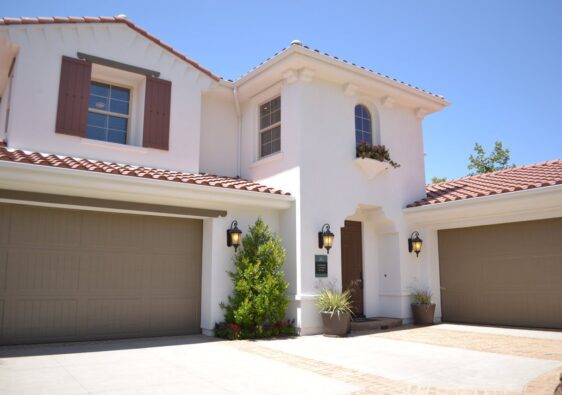Do you think hotel rooms are the only places with hot water on demand? But home water heating systems have been making life easier for homeowners for years.
For a family, hot water on demand is a must for getting everyone ready for the day when time is precious. Efficient home water heating systems have been around for a few decades and have evolved to be more efficient and need less space.
Upgrading your home is often a great option to increase the value of your home. It would help if you considered upgrading your water heater to a more efficient water heater.
Keep reading to see how hot water heating systems work and how to keep your water hot at home.
Comparing Different Technologies
Electric tankless water heaters are the most efficient and cost-effective technology for supplying constant hot water at the point of use. Unlike traditional water heaters, which must keep the entire tank of water heated. Tankless heaters heat water as it flows through, providing hot water when needed.
Solar water heaters can utilize the sun’s energy. As well as natural gas, propane, or electricity to heat water. They are a more expensive kind of water heater installation, but it results in long-term savings in energy costs.
Heat pumps are another method for water heating in the home. Heat pumps use energy from the outside air or ground to heat the water which can then be supplemented by an electric resistance heater to increase the water temperature.
Installers may recommend a combination of two or more technologies to ensure the demand.
Tips to Increase Hot Water Efficiency
An effective way to achieve this goal is by insulating water pipes and tanks. Keeping the pipes and tanks from falling prey to heat loss ensures the hot water stays hot and keeps energy costs lower.
Regularly assess water heater settings and adjust them if necessary. It can also help maintain optimal performance and increase efficiency.
Additionally, incorporating a recirculation system prevents the water from cooling off before it reaches the tap. It prevents wasting hot water.
Lastly, installing low-flow showerheads and faucets helps reduce hot water usage without sacrificing the user experience.
Addressing Common Issues
One of the most important steps in addressing common water heating issues is making sure your water heater is correctly sized. Over-sized heaters can cost more to install and will take longer to heat your water, while undersized units won’t provide enough hot water.
Proper water heater maintenance is also key to keeping water hot. Sediment and debris buildup can reduce the efficiency of water heaters over time. Making sure to flush your water heater regularly ensures that hot water will constantly be available and it will also help to extend the life of the unit.
However, if a homeowner notices any strange noises coming from the water heater, or the water is not hot enough, a professional water heater repair service should be called to repair the unit. Poor maintenance can cause many problems, including efficiency loss and potential property damage.
A plumber can also suggest ways to save energy. Such as installing a tankless water heater, timers, and solar water heating devices.
Make Your Water Heating at Home More Efficient
Ensuring your home’s water heater is running efficiently can help keep the water hot and energy costs low. Regular maintenance, testing, and insulation can help keep water in your home continuously hot.
Use these tips and contact a professional if needed to help with water heating at home.
If you find this article helpful, check out our other blogs about the home!



